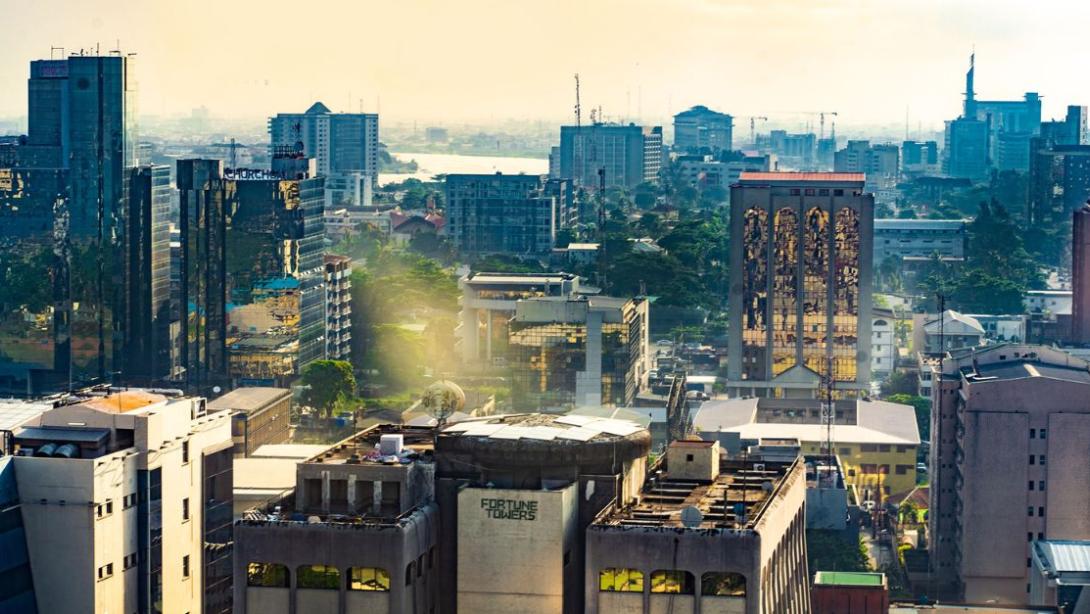
In February 2023, two of Africa’s largest economies, South Africa, and Nigeria, were placed on the Financial Action Task Force's* (FATF) Grey List, indicating strategic deficiencies in anti-money laundering and counter-terrorist financing measures. As a result, companies operating in Grey Listed jurisdictions face increased scrutiny and compliance requirements.
In this article, John Félicité, Business Development Director – Africa, discusses the steps companies should take to protect themselves while operating within a Grey List jurisdiction to ensure compliance.
Steps to remain compliant while operating in a FATF Grey Listed jurisdiction
1. Increased risk assessments must be conducted
It is now more important than ever for African-based companies to ensure that they are fully compliant with Anti-Money Laundering (AML) and Counter-Terrorist Financing (CFT) regulations. To achieve this, companies must conduct increased risk assessments and implement appropriate policies and procedures. Additionally, they must provide effective training on how to identify and report suspicious transactions.
2. Know your client (KYC) and board members
African-based companies must ensure that they have robust KYC procedures in place to verify the identity of their clients and customers. Some companies may need to review their board members’ roles to ensure their legitimacy in the business’ operations. It is also essential to increase scrutiny around the political affiliations of board members and how tenders are awarded.
3. Proactive approach to providing additional documentation
Companies need to be aware of the increased scrutiny they are likely to face from regulatory bodies and financial institutions. They should be proactive in providing additional documentation and information to support their transactions and addressing any concerns raised. Working closely with their banks and other financial institutions to ensure compliance with all necessary requirements is crucial.
4. Commitment to best practices and communication
There may be reputational risks associated with companies operating in South Africa and Nigeria now that they are Grey Listed countries. It is important to take steps to demonstrate a commitment to AML/CFT compliance and be prepared to communicate this commitment to stakeholders. This may involve engaging with industry associations and organisations to develop best practices and raise awareness of the steps being taken to combat money laundering.
The benefits of Grey Listing for African business in the long run
The FATF and its Grey List have presented a challenge to African businesses, but taking a long-term prescriptive can reveal unexpected benefits for Africa and strengthen its bargaining power.
How can Ocorian help?
We specialise in assisting those in C-level positions to make decisions that will add real value to their businesses, all whilst mitigating risk. Our global footprint means that we understand the interconnected nature of doing business around the world. This distinct perspective can play a key role in helping businesses grow their presence in Africa.
If you have any questions regarding business operations in Africa as a Grey List jurisdiction, please contact [email protected].
*Who are the Financial Action Task Force?
The FATF is an intergovernmental organisation that sets international standards and promotes the effective implementation of legal, regulatory, and operational measures for combating money laundering, terrorist financing, and other related threats to the integrity of the international financial system. The FATF conducts mutual evaluations of its member countries to assess their compliance with its standards. Countries that do not meet the required standards are placed on the Grey List.

